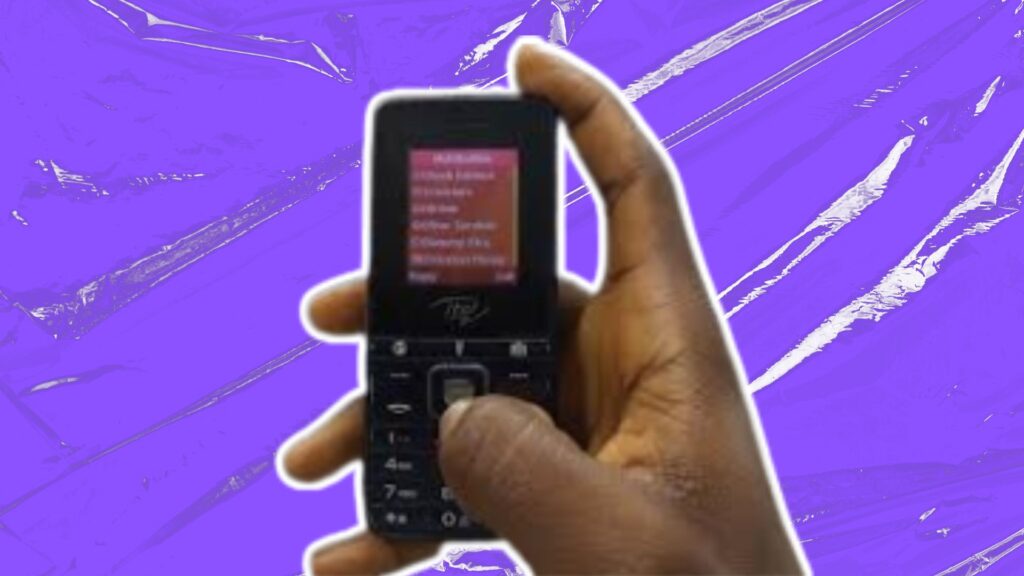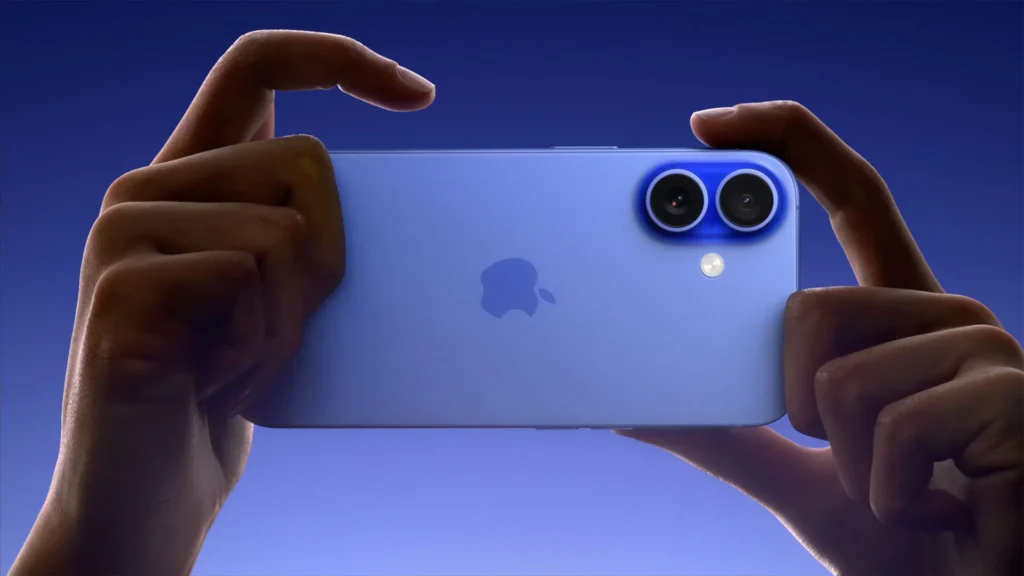Whats Happening?
Nigerian telecom operators, including MTN, Airtel, Glo, and 9mobile, have begun migrating banks to a new billing system that deducts USSD (Unstructured Supplementary Service Data) charges directly from customers’ airtime balances instead of their bank accounts. This shift follows the clearance of a longstanding ₦180 billion debt owed by telecom operators for USSD services.
Background and Debt Resolution
The migration to end-user billing comes after banks cleared the massive debt they owed to telecom operators for USSD infrastructure usage.
For over five years, telecoms provided USSD infrastructure enabling millions of Nigerians—especially in underserved regions—to perform banking transactions such as balance checks, fund transfers, and airtime purchases via feature phones. However, banks, while charging customers for these USSD transactions, failed to remit payments to telecom providers, leading to a financial impasse.
By early 2025, this debt had ballooned to about ₦180 billion. To resolve this financial gridlock, the CBN and NCC introduced a new model and ordered both parties to agree on repayment terms, either in bulk or in installments, by July 2, 2025.
As Reported by techcabal, According to Gbenga Adebayo, President of the Association of Licensed Telecommunications Operators of Nigeria (ALTON), 95% of this debt has now been cleared, with only three banks negotiating installment payments nearing completion. This repayment has enabled the rollout of the End-User Billing (EUB) system, where customers are charged from their airtime after each successful USSD session.
How the New End-User Billing System Works
- Customers receive a clear prompt before each USSD transaction, informing them of the ₦6.98 fee and requesting consent.
- Charges are deducted only after the customer’s bank confirms readiness to process the transaction, reducing failed or double billing.
- The billing is standardized across all telecom networks, improving transparency and customer experience.
- Airtime purchases and data top-ups via USSD remain free if customers use specific direct shortcodes rather than the root USSD menu.
This system replaces the previous model where banks deducted USSD fees from customers’ bank accounts and often delayed or withheld payments to telecom operators.
What This Means for Nigeria subscribers
For subscribers, the fundamental change isn’t the existence of USSD charges, customers have always paid for these services. The key difference is the point of deduction: charges now come from airtime rather than bank accounts with Customers now having greater visibility and control over USSD charges.



